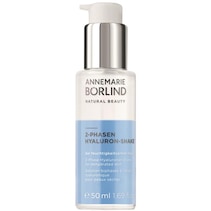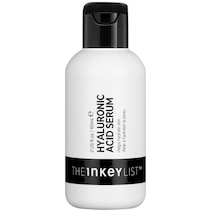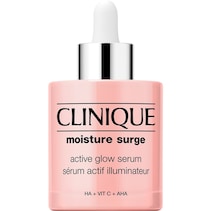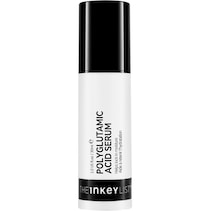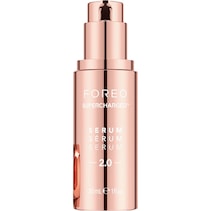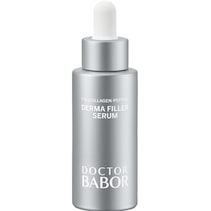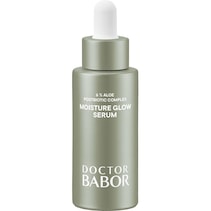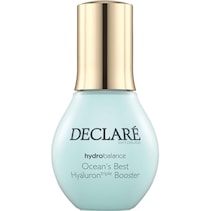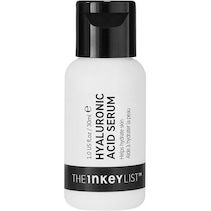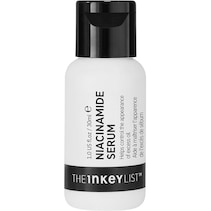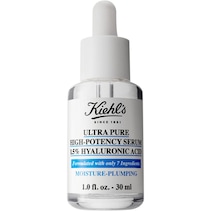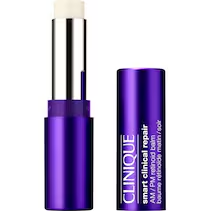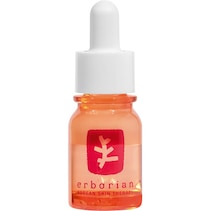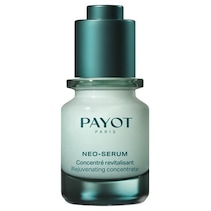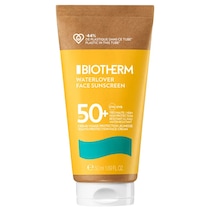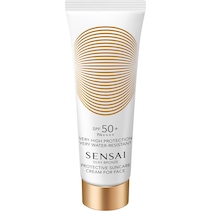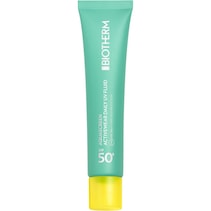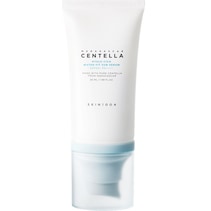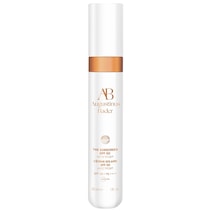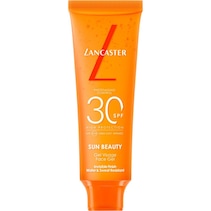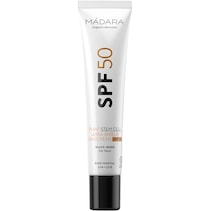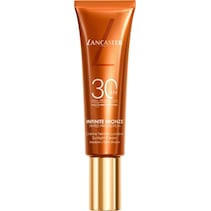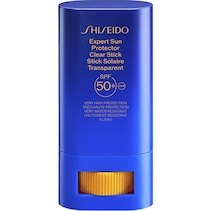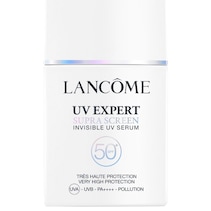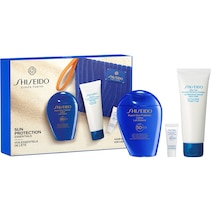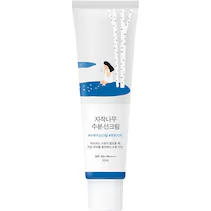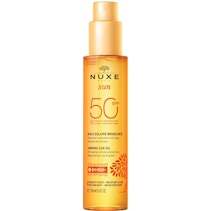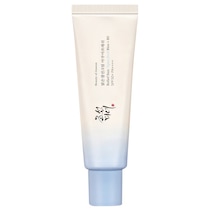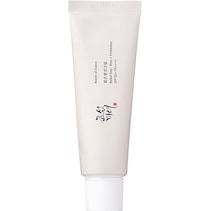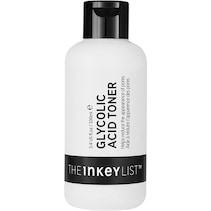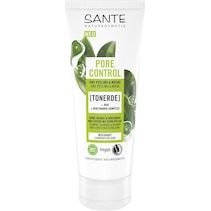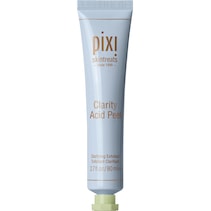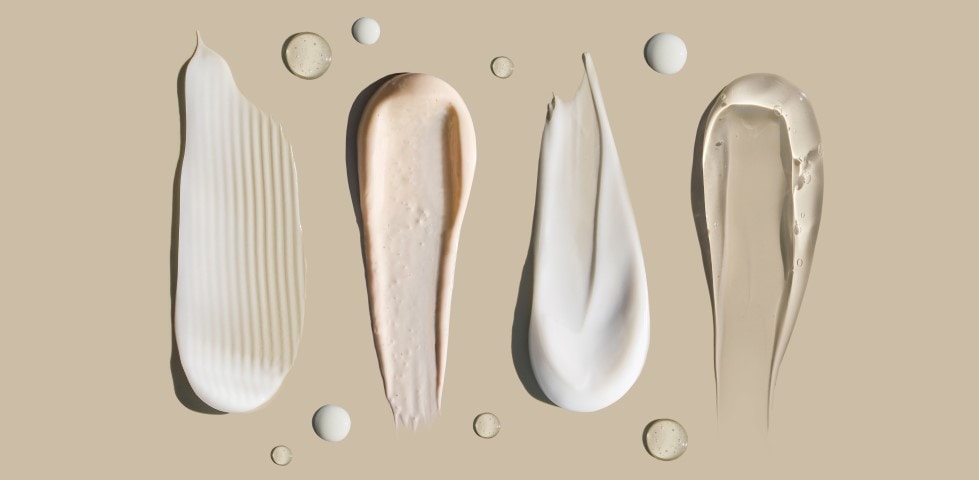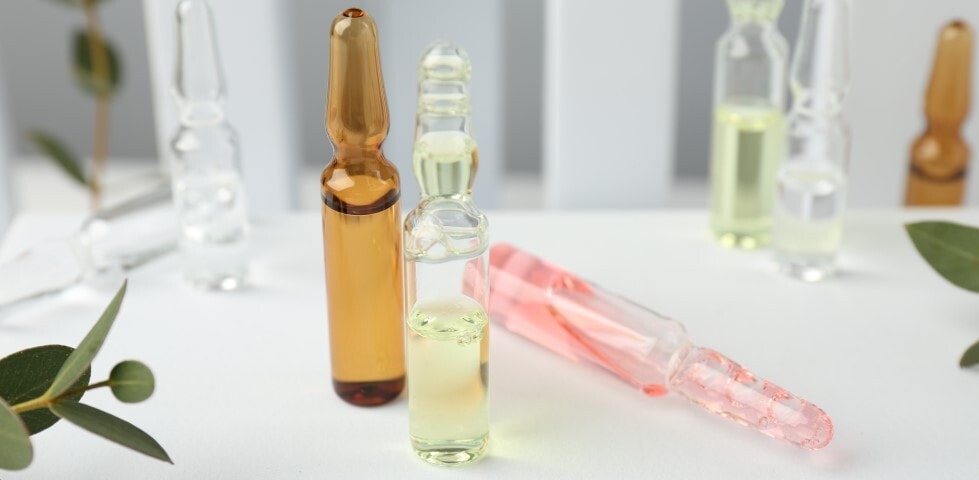
Combining skincare actives: here are the do’s and dont’s
AHA, vitamin C, retinol and salicylic acid – these are all ingredients in skincare products that have a special effect. Once you start to familiarise yourself with the right active ingredients for your skin, you won’t want to stop using them in your skincare routine. You can also combine skincare actives and optimise their effect.
15 August 2024
Table of contents
What can go wrong when combining skincare actives?
If you want to combine skincare ingredients, you should know what you are doing. After all, there are also combinations that do more harm than good to the skin. This can cause redness, irritation or pimples. There are also some active ingredients that are better used in the morning and others that are more suitable for use in the evening. However, you should first familiarise yourself with the most popular actives and their effects before you start combining them.
Which skincare actives are the most popular to combine?
The most important active ingredients in skincare products include vitamin C, vitamin A (including retinol, which is a particularly effective form of vitamin A), vitamin E, niacinamide, hyaluronic acid, ceramides, azelaic acid and salicylic acid. However, the effects and applications differ depending on the substance.
While retinol is a popular active ingredient that stimulates cell regeneration and is often used as an anti-ageing ingredient, hyaluronic acid, for example, binds water in the cells, which makes the skin appear plumper. Many other active ingredients are antioxidant, protect the cells from free radicals and thus from damage to the skin that can be caused by a poor diet, UV radiation and more. Depending on your age and skin type, you have different needs, which is why not every active ingredient is suitable for you. When it comes to combining active ingredients, you have various options.
Combining skincare actives: What works well together?
- Combining ceramides and vitamin C: Ceramides support the skin in maintaining its natural barrier. You can combine ceramides and vitamin C and benefit from their complementary effects. As ceramides are susceptible to oxidative stress, you can combine them with vitamin C to protect against it.
- Combining ceramides and niacinamide: You can combine niacinamide and ceramides as a useful way to restore the balance of your skin. The combination of these two active ingredients is particularly beneficial if you suffer from redness, irritation or inflammation of the skin.
- Combining retinol and hyaluronic acid: These two substances are two of the most important when it comes to skincare and an anti-ageing effect. If you want to include them both in your skincare routine, make sure you apply the retinol first and then the hyaluronic acid. This is because the molecules of hyaluronic acid could prevent retinol from penetrating deep into your skin.
- Combining vitamin C and hyaluronic acid: You can combine vitamin C and hyaluronic acid to help deal with skin problems. Hyaluronic acid provides the skin with plenty of moisture, while vitamin C makes the skin glow. Both active ingredients can combat signs of skin ageing, such as dryness or fine expression lines.
Serums with hyaluronic acid
Serums with hyaluronic acid
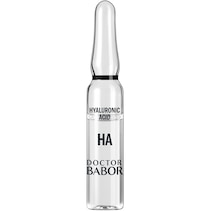
BABOR
Ampoule Concentrates FP
Facial care
Hyaluronic Acid Power Serum Ampoules

€ 46.41 € 41.77
- € 34.81
- € 31.33
- € 46.41
- € 41.77
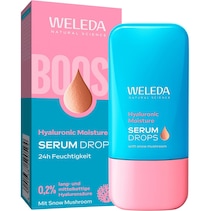
WELEDA
Intensive care
Facial care
Hyaluronic Moisture Serum Drops

€ 10.37 € 9.33
- € 7.78
- € 7.00
- € 10.37
- € 9.33
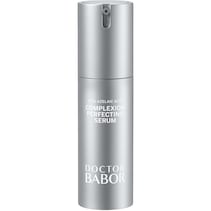
BABOR
Clarifying
Doctor BABOR
Clarifying Complexion Perfecting Serum

€ 51.57 € 46.41
- € 38.68
- € 34.81
- € 51.57
- € 46.41
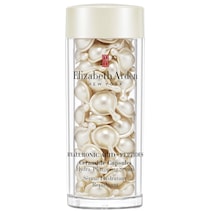
Elizabeth Arden
Ceramide
Skin care
Hyaluronic Acid Ceramide Capsules Peptides

€ 96.05 € 86.45
- € 72.04
- € 64.83
- € 96.05
- € 86.45
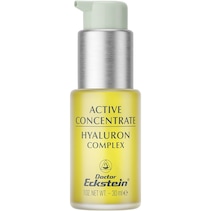
Doctor Eckstein
Skin care serums
Facial care
Active Concentrate Hyaluron Complex

€ 50.95 € 45.86
- € 38.21
- € 34.39
- € 50.95
- € 45.86
- Combining ceramides and retinol: You can combine these skincare actives and experience their complementary effects for yourself. Retinol strengthens the collagen present in the skin and can therefore combat skin ageing. At the same time, the skin’s moisture barrier is supported by ceramides. The skin is thus moisturised and the entire complexion looks firmer and more elastic.
- Combining vitamin C and niacinimide: There is a persisting myth that vitamin C and niacinamide should not be combined. However, the effectiveness of both substances is not negatively influenced by the other. On the contrary, they actually go well together as they support cell renewal and counteract the signs of skin ageing.
Tip
If you use a product with vitamin C in the morning, you should definitely apply a sunscreen over it. As a general rule, daily sun protection is also recommended even on cloudy days. This is because UV radiation is still one of the biggest accelerators of skin ageing.
Facial sunscreen
Facial sunscreen
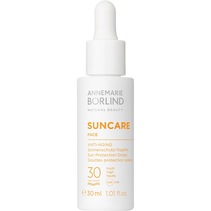
ANNEMARIE BÖRLIND
Sun Care
Sun care
Anti-ageing sun protection drops face SPF 30
SUNCARE FACE

€ 31.95 € 28.76
- € 23.96
- € 21.57
- € 31.95
- € 28.76
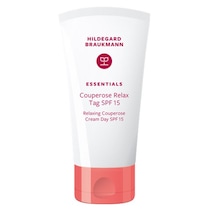
Hildegard Braukmann
Essentials
Care
Couperose Relax Day SPF 15

€ 18.95 € 17.06
- € 14.21
- € 12.79
- € 18.95
- € 17.06
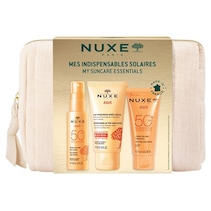
Nuxe
Sun
Facial care
My Sun Essentials

€ 25.45 € 22.91
- € 19.09
- € 17.18
- € 25.45
- € 22.91
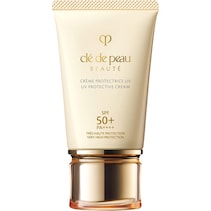
Clé de Peau Beauté
Sun protection
Body care
UV Protectrive Cream SPF 50+ PA++++

€ 136.95 € 123.26
- € 102.71
- € 92.44
- € 136.95
- € 123.26
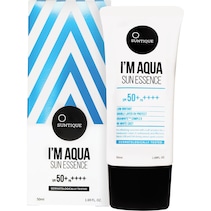
Suntique
Face
Sun protection
I'm Aqua Sun Essence

€ 27.95 € 25.16
- € 20.96
- € 18.87
- € 27.95
- € 25.16
Which skincare ingredients should you not combine?
There are some active ingredients that are counterproductive when used in combination. They can lead to skin irritation and even have a negative effect on your complexion. Examples include the following:
- You should not combine retinol with vitamin C. Although this combination can work to brighten the complexion, both active ingredients can also irritate the skin. It is therefore better to separate them. If you still want to combine vitamin C and a retinol serum, make sure that you apply the vitamin C in the morning, as it works better during the day than at night. You should then apply retinol to the skin before going to bed, as it is broken down too quickly by daylight when applied during the day.
- Combining azelaic acid and retinol is likewise not a good idea. Azelaic acid is effective against blemishes and can cause the skin to exfoliate too much when used in combination with retinol. This can lead to flaking of the skin as well as redness and irritation.
- AHA and vitamin C: You should not combine vitamin C and alpha hydroxy acids (AHA), as both together can irritate the skin. It is better to use a product with vitamin C in the morning and AHA in the evening before you go to sleep.
- Benzoyl peroxide and vitamin C: This combination is also not to be recommended, as the benzoyl peroxide breaks down the vitamin C. You will therefore benefit more if you use these two active ingredients separately. Sometimes it is also advisable to limit the use of the active ingredients to certain days, as is also recommended in skin cycling.
- AHA and BHA (salicylic acid): If you combine these two acids, it dries out the skin too much. Especially if you already suffer from dry skin, you should not combine the two actives in your skincare, but use them separately.
BHA peelings
BHA peelings
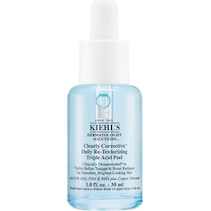
Kiehl's
Cleansing
Facial care
Clearly Corrective Daily Re-Texturizing Triple Acid Peel

€ 74.08 € 66.67
- € 55.56
- € 50.00
- € 74.08
- € 66.67
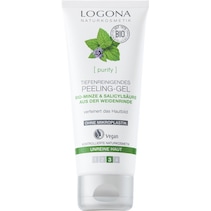
Logona
Cleansing
Facial care
Clarifying peeling gel
Organic mint & salicylic acid from willow bark

€ 19.82 € 17.84
- € 14.87
- € 13.38
- € 19.82
- € 17.84
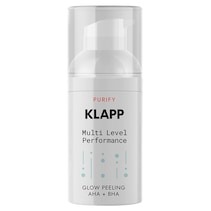
KLAPP
Multi Level Performance
Produktlinie
Glow Peeling AHA + BHA

€ 40.95 € 36.86
- € 30.71
- € 27.64
- € 40.95
- € 36.86
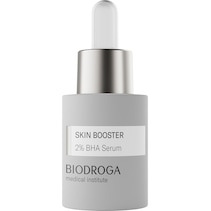
Biodroga
Skin Booster
Biodroga Medical
2% BHA Serum

€ 39.95 € 35.96
- € 29.96
- € 26.97
- € 39.95
- € 35.96
Combining skincare actives FAQ
Takeaway
Combining skincare actives is an art in itself. Before you randomly use actives together, research thoroughly whether the selected active ingredients work together at all. After all, there are also actives that have a negative effect on each other and can lead to skin irritation or dryness, for example. However, if you use the right combinations, you can take the effect of the skincare actives to the next level and let your skin benefit twice over. At parfumdreams, you can choose from a wide range of skincare products with valuable active ingredients.


